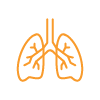How to remove mucus from lungs naturally
June 15, 2022

Overview
Lung health is essential for overall health. This is because the lungs are self-cleaning organs that begin to heal once their exposure to pollutants decreases, for example, when someone quits smoking.
After being exposed to pollution, such as cigarette smoke, the chest may feel full, congested, or inflamed. The mucus in the lungs can trap bacteria and pathogens, which contributes to the feeling of heaviness.
Lung cleansing techniques may be beneficial for people who smoke, people who are regularly exposed to air pollution, and those with chronic respiratory conditions, such as asthma, chronic obstructive pulmonary disease, and cystic fibrosis.
Contents
Breathing in air pollution, cigarette smoke, and other toxins can damage the lungs and lead to health conditions. Maintaining good lung health is vital for keeping the rest of the body healthy.
According to the World Health Organization (WHO), exposure to air pollution results in 4.2 million deaths worldwide each year.
Elimination of phlegm and mucus from lungs
Is it possible to naturally remove mucus from the lungs without requiring a medical diagnosis and treatment? Yes, it is possible as it is a self-cleaning organ.
Phlegm is a type of mucus produced in the lungs and lower airways. This is most evident when a person suffers from an acute illness or chronically poor health.
Some people may be able to use specific techniques to help clear the lungs of mucus and irritants to relieve chest congestion and other uncomfortable symptoms.
16 effective methods for naturally removing mucus from the lungs:
-
- Cool mist humidifier: Dry air can make the nose and throat irritated, which can lead to more mucus being produced as a lubricant. A cool-mist humidifier in the bedroom can help to improve sleep, help clear the nose, and prevent a sore throat.
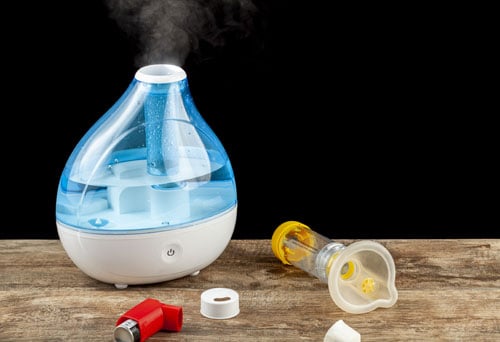
-
- Plenty of fluids for the rescue: The body needs water to keep mucus thin. When a person is sick with a cold, drinking extra fluids can thin the mucus and empty the sinuses. In addition, people with seasonal allergies may find that staying hydrated helps avoid congestion. You may also sip warm water, apple juice, chicken soup decaffeinated black tea, or green tea.
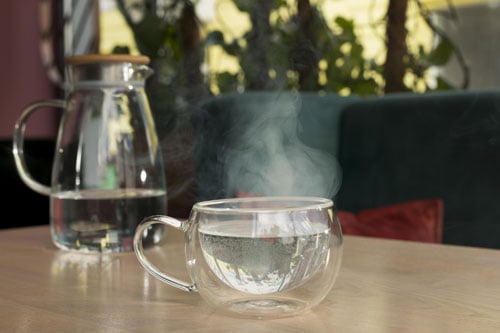
-
- Steam inhalation: This technique helps clear the airways and drains mucus. People with lung disease may notice their symptoms worsen in cold or dry air. Steam can add warmth and moisture to the air, improving breathing and loosening mucus. Inhaling water vapour can provide immediate relief and help people breathe more easily.
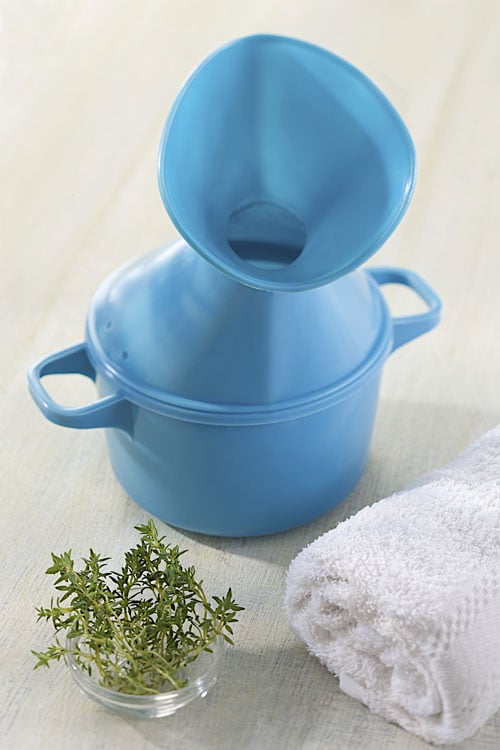
-
- Inhale through a damp cloth: It can be a soothing remedy for throbbing sinus headaches. Dampening a cloth and inhaling through it can help to restore moisture to the nose and throat. In addition, the heat will help to relieve pain and pressure.
- Keep the head elevated: If the accumulation of mucus is particularly troublesome, it may help to sleep propped up on a few pillows or in a reclining chair. Lying flat can make breathing more difficult because mucus may accumulate at the back of the throat.
- Spit it out: When phlegm accumulates in the lungs, the body is likely trying to remove it. Therefore, spitting is better than swallowing.
- Nasal spray: A saline spray or irrigator can help clear out mucus and allergens from the nose and sinuses. Look for sterile sprays that contain only sodium chloride, and use sterile or distilled water when irrigating.
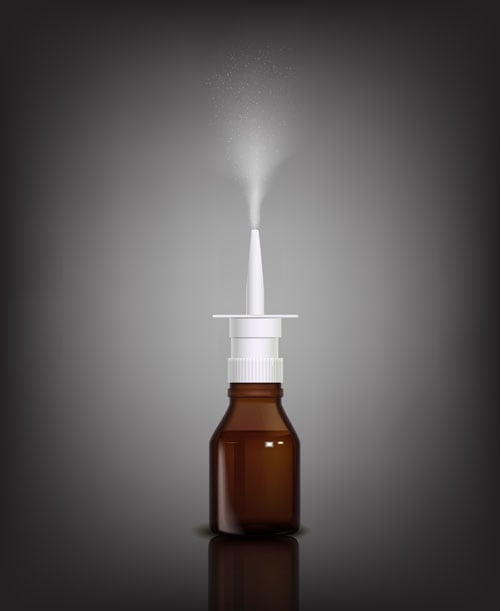
-
- Saltwater: It can soothe an irritated throat and help remove residual mucus. You can gargle several times a day with a teaspoon of salt in a glass of warm water.
- Eucalyptus oil: Eucalyptus products have been used for many years to reduce coughing and mucus production. They are usually applied directly to the chest. Adding a few drops of eucalyptus oil to a diffuser or a warm bath can help clear the nose.
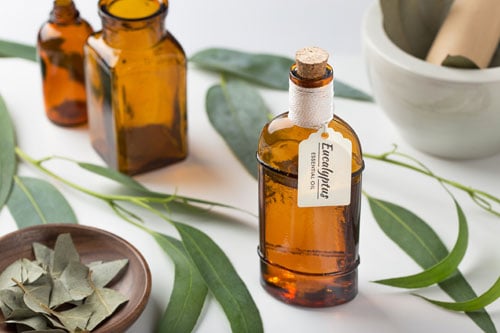
-
- No smoking: Smoking and passive smoking cause the body to produce more phlegm and mucus.
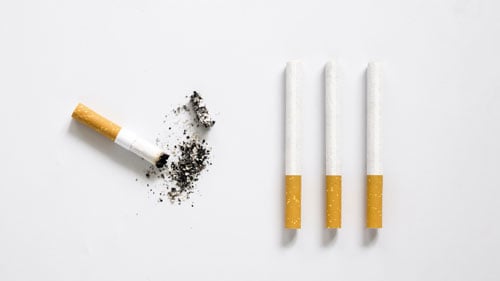
-
- Food allergies: Some foods can cause allergic reactions that look like those caused by seasonal allergies. With the change in weather, people may experience a runny nose and itchy throat, which can lead to excess mucus. Keep a record of foods that cause an increase in phlegm or mucus.
- Avoid caffeine: If you want to avoid drinking alcohol and caffeine, you should try to stick to water and low-fat foods. Both substances can lead to dehydration if taken in excess. When you have trouble clearing your throat or nose, drink plenty of warm, non-caffeinated fluids.
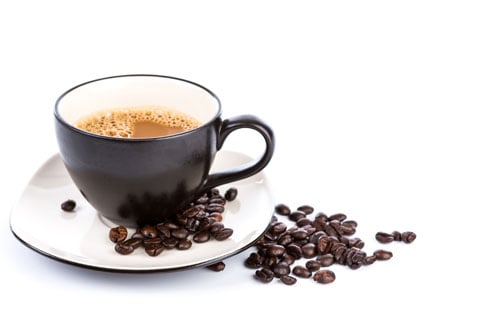
-
- Hot shower: Take a hot bath or shower. Steam inhalation in a bathroom will help loosen and clear mucus in the nose and throat. In addition, hot water pulsing on the face can help relieve sinus pressure.
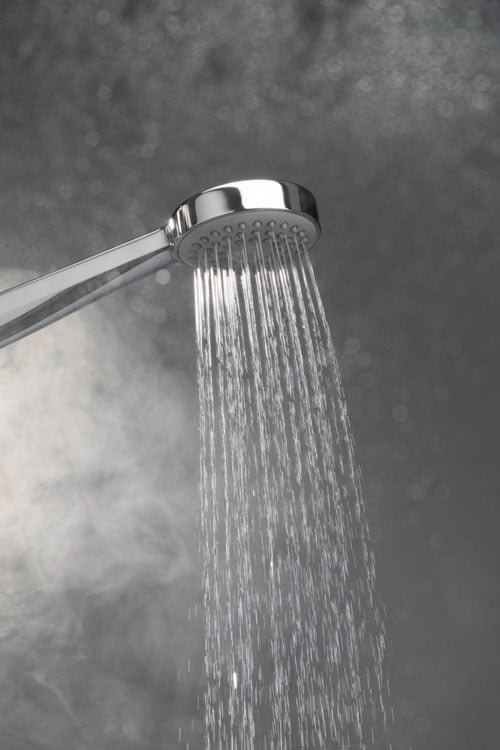
-
- Blow the nose: It may be tempting to keep blowing until thick mucus emerges. However, treating your respiratory infection may not be the best way. Forcing the sinuses too much may cause pain, pressure, and even infection.
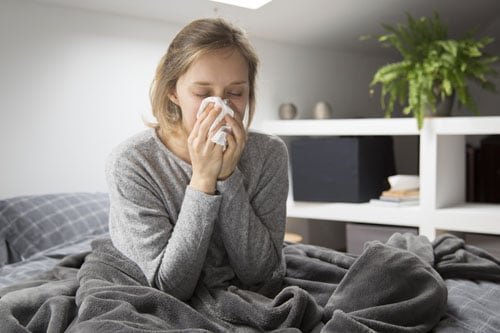
-
- Consume plenty of fruits: Eat lots of fruits. One study found that a diet high in fibre from fruit and oy may lead to fewer respiratory problems linked to phlegm.
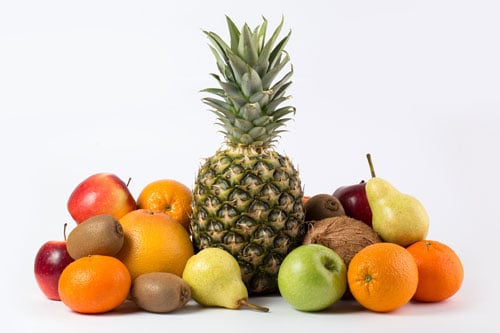
-
- Avoid foods that cause acid reflux: Avoid foods that can cause reflux. Reflux can lead to an increase in phlegm and mucus. People prone to heartburn should avoid trigger foods and consult a doctor for proper management.
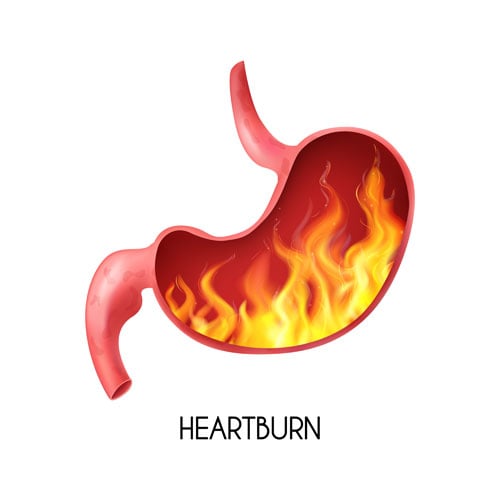
People also ask
1. What is the fastest way to drain mucus from the lungs?
- Keeping the air moist
- Drinking plenty of fluids
- Applying a warm, wet washcloth to the face
- Keeping the head elevated
- Not suppressing a cough
- Using a saline nasal spray or rinse
- Gargling with salt water
2. What dissolves mucus in the lungs?
Expectorants such as guaifenesin (Mucinex, Robitussin) can loosen mucus so that it comes out of the throat and chest.
3. How can I clean my lungs naturally?
- Do steam therapy.
- Sip green tea.
- Gargle with warm salt water.
- Keep your head in an elevated posture.
- Have a hot shower
4. What can I drink to reduce mucus?
Drinking enough fluids, hot ones, can help mucus flow. Water and other liquids can help relieve a stuffy nose. Drink fluids like juice, clear broth, and soup. Other good beverages include decaffeinated tea, warm fruit juice, and lemon water.


